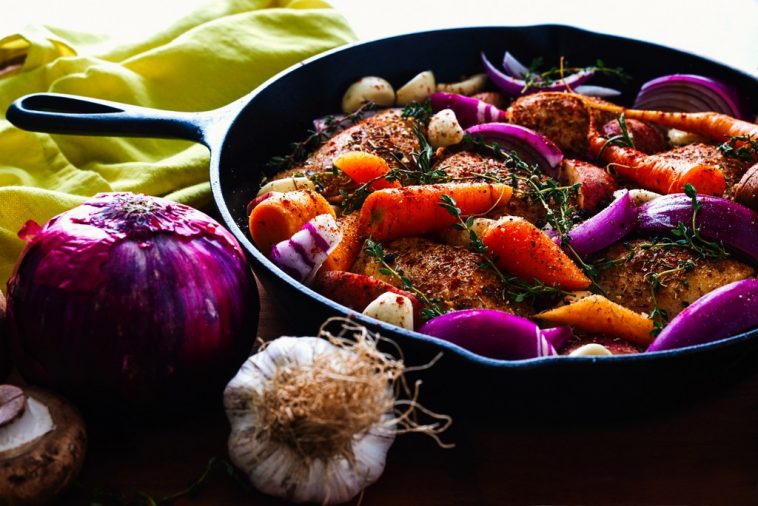You might think that food waste is only a matter of wasting money, but it’s actually a huge environmental problem as well.
About 1.3 billion tons of food – or about one-third of all food produced – are wasted around the globe annually. That means 1.3 billion tons of waste that goes to landfills. Once spoiled, food produces methane gas, which is the second biggest greenhouse gas. Greenhouse gases contribute to global warming.
Not only that, food waste also wastes valuable resources need to grow and transport food from farm to table. That includes water (in fact, about 24% of all water used for agriculture goes to food waste) and gas used for vehicles that transport fruits, livestock, and vegetables.
Reducing our food waste ensures that we don’t contribute to the alarming effects of climate change. Here are five tried and tested ways to do so.
Never buy more than what you need.
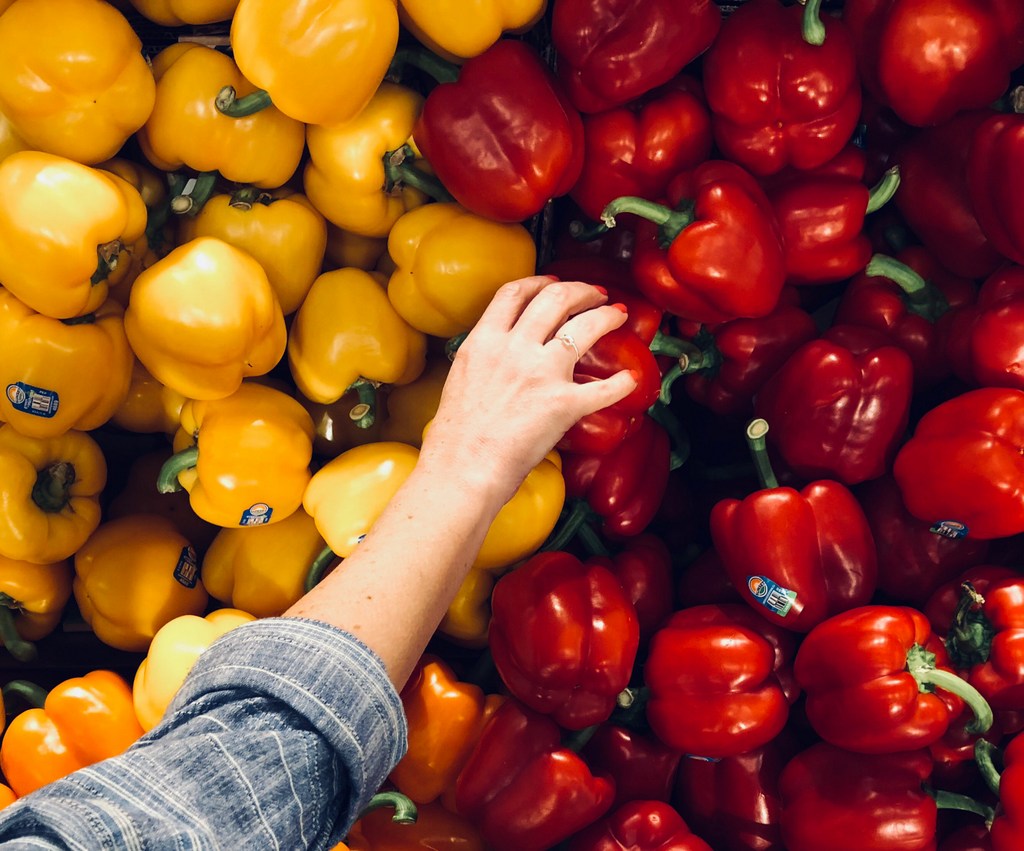
You might rake in big discounts from purchasing in bulk, but a lot of studies show that this also just tends to contribute to food waste, making the discount moot to begin with. Instead of buying in one go per week, try to shop for ingredients every day or every other day. Prepare a list of ingredients you need ahead of time to make sure you don’t buy anything that will go to waste. Stick to your list. Avoid buying on impulse.
Store food properly.
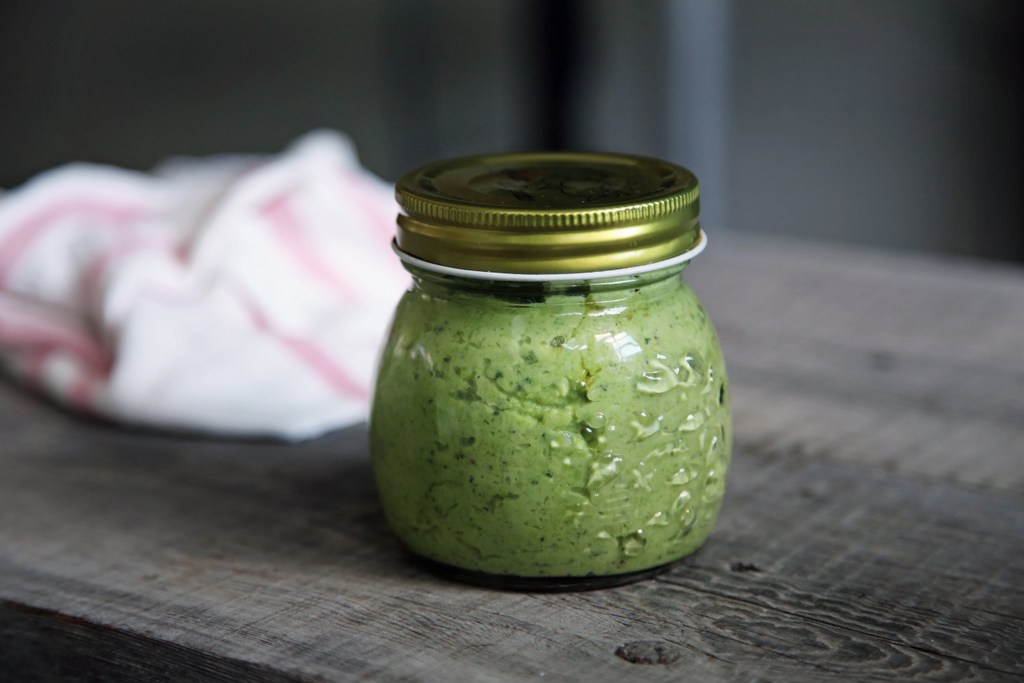
Did you know that about a third of food waste is due to food spoilage?
Improper storage of food leads to a shorter shelf life and premature spoilage. To avoid this, make sure you know which food items to refrigerate and which ones should not be. Foods that should be stored at room temperature (not refrigerated) include cucumber, garlic, tomato, onion, and potato.
There are also food items that tend to yield a lot of ethylene gas, which leads to ripening and eventually spoilage. These include green onion and fruits such as banana, peach, tomato, pear, cantaloupe, and avocado. These should be stored in a separate container, away from other perishable items, especially those that are ethylene-sensitive. Ethylene-sensitive foods include berries, apples, leafy greens, and potatoes.
Buy imperfect produce.
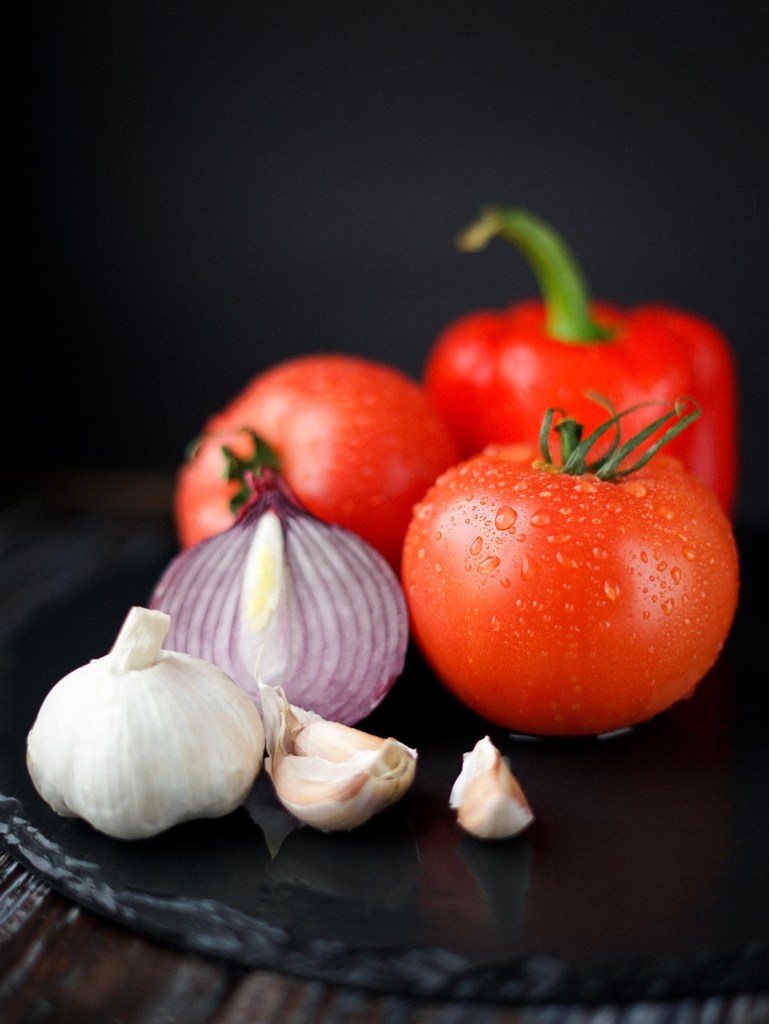
A significant amount of food waste comes from produce that were rejected by supermarkets or consumers just because a small dent, a nip, or even just a slightly darker peel color.
Help save Mama Earth by picking out flawed fruits and vegetables the next time you go to the grocery or market.
Organize your fridge regularly.
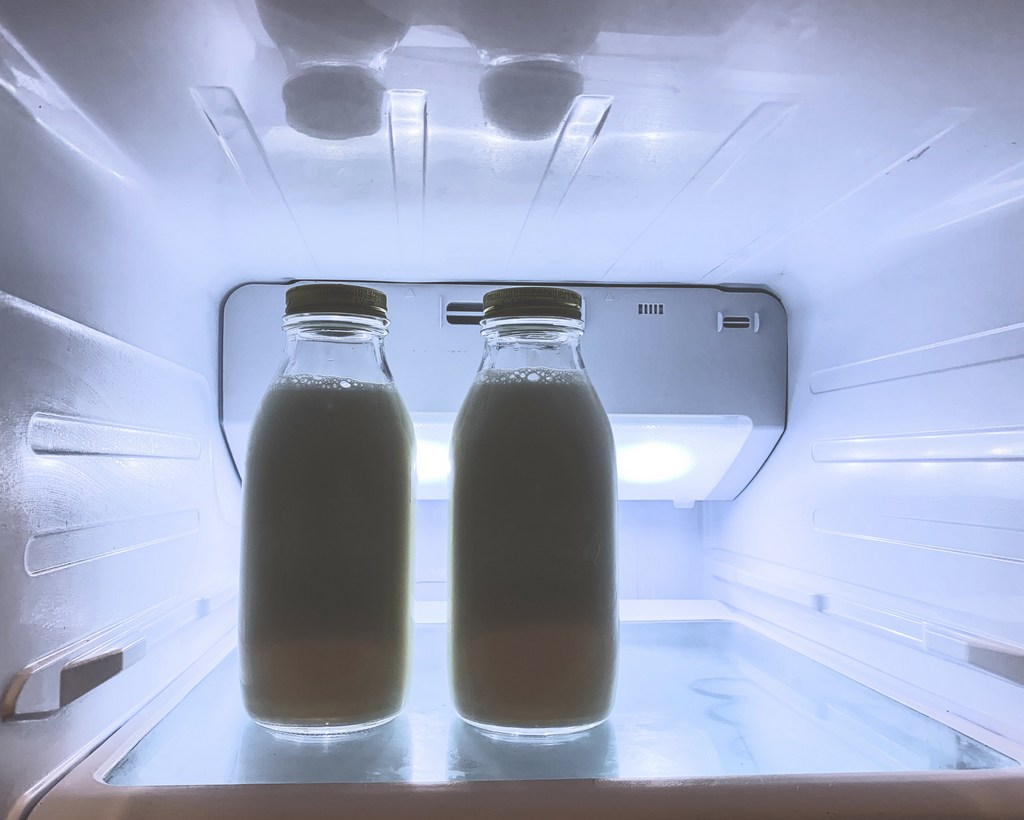
A fridge that is well-stocked for the rainy days is always a life-saving measure, but overdoing it can be hazardous to the environment as well. Make sure you just have enough in your fridge that you can certainly consume. Use clear containers with proper labels for food items to ensure nothing is stowed away then forgotten. Before you consume newly bought items, be sure to use the old ones you have first from your fridge.
Eat leftovers.

Use your creativity and save money while saving the planet by consuming leftovers. Make it a habit to use up leftovers you have first before cooking a brand new meal. For instance, you can turn last night’s fried fish into sarsiado, or even adobo from the other day to a sandwich with adobo flakes.



